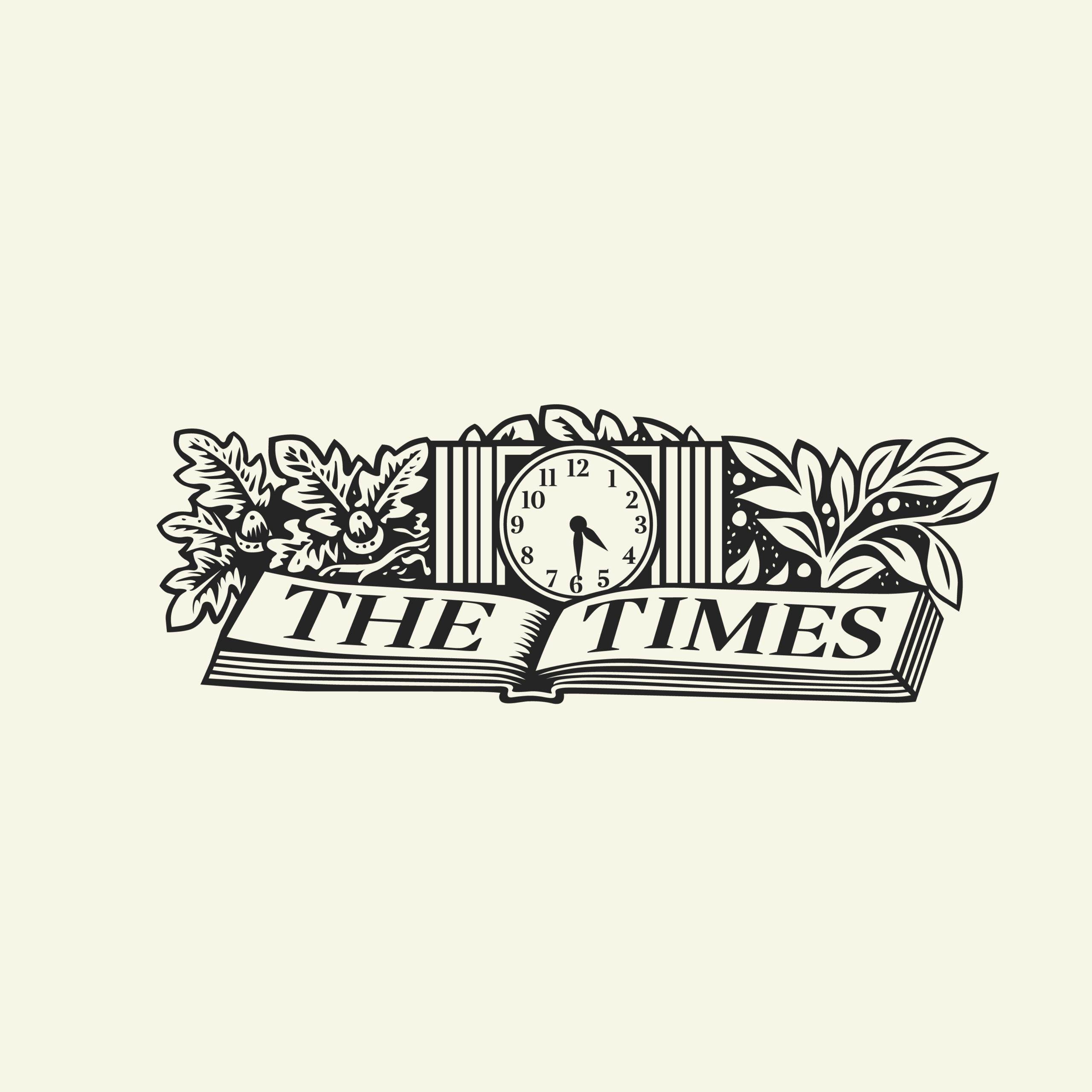Retail Spending Declines as Shoppers Anticipate Holiday Sales
The holiday shopping period has commenced at a lackluster pace, with consumers reducing their food expenditures and waiting for the Black Friday and Christmas sales, according to two recent surveys.
Data from Barclays reveals that card spending decreased by 0.5 percent year-on-year in November, marking the first decline since July and falling significantly below the current inflation rate of 2.3 percent, indicating that sales dropped even more in real terms.
In a separate report, the British Retail Consortium (BRC) and KPMG reported that retail sales plunged by 3.3 percent last month, a stark contrast to a growth of 0.6 percent recorded in October.
These figures are likely to raise concerns among retailers, who depend on the seasonal increase in household spending throughout October, November, and December—the so-called ‘golden quarter’—to achieve their annual profit targets.
Clothing demand saw a significant decline in November; however, analysts at Barclays, the BRC, and KPMG suggested that this could be due to shoppers postponing their purchases to take advantage of Black Friday and Boxing Day discounts.
Both studies did not account for spending on Black Friday, which fell on November 29, although retailers increasingly begin offering discounts well in advance of that date.
Barclays indicated that retail spending dropped by 2 percent, while the BRC and KPMG reported a 2.1 percent decline in non-food sales across the retail sector.
Helen Dickinson, chief executive of the BRC, noted, ‘While the start to the festive season is indeed disappointing, the lackluster spending figures largely reflect the shift of Black Friday into December this year.’
Jack Meaning, chief UK economist at Barclays, stated, ‘The degree to which we see a seasonal rebound around Black Friday and Christmas will be a crucial indicator of the economy as we head into 2025.’
Dickinson also pointed to declining demand for clothing and other non-essential goods as being influenced by surging energy prices, waning consumer confidence, and colder weather deterring visits to physical stores. Ofgem announced last month that the average household energy bill will rise by 1.2 percent, translating to an additional £21 in January, bringing the total to £1,738.
Meaning elaborated, ‘Several factors influenced consumer spending in November, particularly the decline in consumer confidence following the summer, along with expectations that post-budget, inflation and interest rates will remain elevated in the coming months.’
The government has faced criticism for dampening consumer and business morale by presenting a pessimistic view of the UK economy. Companies have indicated they may limit pay increases and hiring in response to the £40 billion in tax hikes detailed in the October budget.
Spending on essential goods was also subdued in November, reflecting the rising costs of basic necessities over the last two years. According to Barclays, supermarket spending fell by 1.8 percent last month, while the BRC and KPMG recorded a modest 2.4 percent increase in food sales, which remains significantly lower than the 12-month average growth of 3.7 percent.
Sarah Bradbury, chief executive of the Institute of Grocery Distribution, mentioned, ‘A prosperous Christmas is improbable for many households as budget constraints take precedence. While there is festive optimism, careful spending will be shaped by ongoing economic challenges.’
In contrast, the travel industry experienced an upswing as consumers sought to escape the dreary winter days, booking summer vacations early to secure lower prices. Spending on airlines and travel agents rose by 10.6 percent and 7.3 percent, respectively, according to Barclays.
The release of films such as Gladiator II, Wicked, and Paddington in Peru spurred a 22.8 percent increase in cinema spending over the past month.
Pubs, bars, and clubs reported the fastest sales growth since July, with a rise of 3.5 percent, indicating potential for a robust trading season during the Christmas party timeframe. Increased rates of alcohol abstention among younger employees have led to speculation about a rise in alcohol-free office Christmas parties this year.




Post Comment